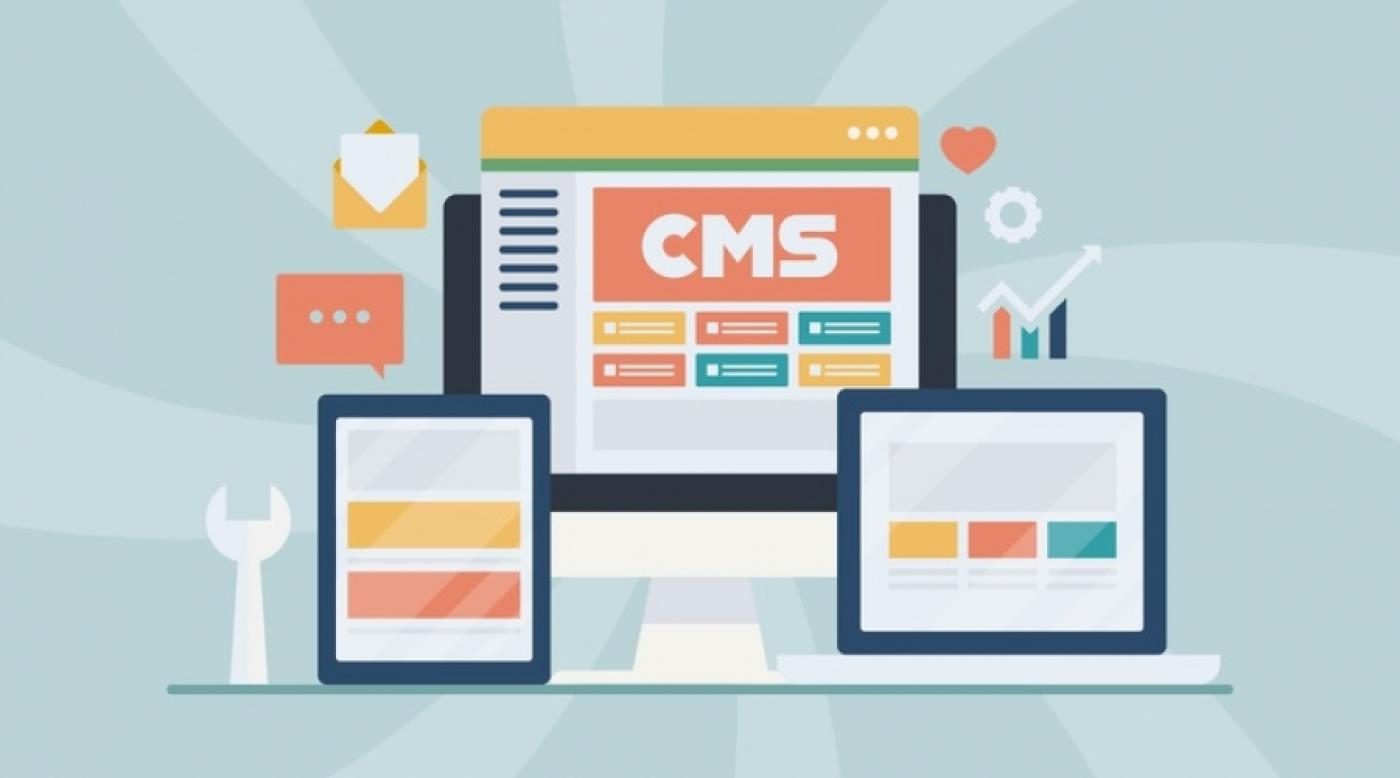Choose the right CMS for your website
What is CMS?
Whenever we talk about building up a potential website, the first thing that comes in our mind is to use the best Content Management System (CMS). But what is CMS? A Content Management System (CMS) is a software or set of related programs, used to create and manage digital content. In simpler words, they help in the creation and modification of digital contents.
Why CMS?
Content Management System can take the stress out when it comes to managing the website. CMS helps to get access to the most up-to-date web functionality. You can add and link texts, images, videos and other content on your website easily. It is not required for you to have advanced HTML knowledge. Most CMS comes with a WYSIWYG (What You See Is What You Give). It also allows multiple people to have access to a website, helping colleagues to come together and strategize their web content. CMS can also work in parallel with design efforts to force visual consistency across sections of the site.
Who should use a CMS?
Not everyone who wants to start a website is a designer, developer, coder or tester. But in today’s world, the need to be online makes an average user to adapt latest technology and methodology to create or manage their sites. A user-friendly CMS is easy to use and understand. Hence, people who are not into CSS and HTML should definitely use CMS. It comes with many functions that allows the developer/user to customize or enhance their site’s appearance, features and capabilities. It is very important for any CMS to provide a good range of functions so that the users are satisfied.
Everyone would agree if we say that security is one of the priorities when you have to choose a CMS for your website. According to a survey, nearly 20,000 websites are hacked every day. So developers who want to ensure the security of their website should definitely use CMS.
If you want a good website without spending big bucks, you must consider no more than these three options- WordPress, Drupal and Joomla.
All of these offers great features, strong security, functionality and are also free to use. Choosing the right one depends on your website’s requirement. All of these have a wide range of plug-ins and modules so that you can add different functionality. Think according to your requirement and preferences. Also, be sure about what will make you stand out of the box. While WordPress is said to be easiest and user-friendly CMS, Drupal is known to be popular amongst the developers and Joomla is great for e-commerce and social networking websites.
Which is the best CMS?
WordPress is best for beginners and the one who doesn’t want much complexity while developing a website. This platform comes with a one-click installation which makes the task of creation and maintenance of website super easy and quick. It is an open source platform that makes it easy to copy, share or post the CMS code, but most of high-tech developers may find it a bit limited at times. You can easily set up or change themes on WordPress sites using free or paid services making it hazel-free. Also, you can subscribe to many free third-party websites that provides free themes for WordPress. There’s no doubt that this CMS is growing in terms of both popularity and users, but it also ensures a tight security. The WordPress development team puts a lot of time and efforts to make sure that it is highly secured CMS. They come up with regular security updates and releases.
Drupal’s installation process is very similar to that of WordPress but it’s a bit time consuming. It is highly technical and used mostly for companies who have to store a lot of data on their website. Drupal is a CMS developed by developers, for developers. It is a task to understand and use Drupal, but it is worth investing your time. Also, Drupal makes it easy to add and manage thousands of pages on your website. Drupal on the other side is much deeper than WordPress but if you are looking for something that can provide more templates or content types, Drupal is the best option to head for. Drupal has a feature which keeps you informed about the newly discovered security threats and other viruses. Moreover, you will be provided with patches that will help you to fix all the security threats.
Joomla isn’t different from WordPress or Drupal when it comes to the installation process. We can say Joomla is the middle way of WordPress and Drupal. But the Joomla’s admin panel is a bit difficult to operate and comes with a lot of menus and options which is quite confusing for someone who is a beginner or has less knowledge about website development. It also provides themes, templates and functions similar to that of WordPress and Drupal, but again the options and varieties are less than that of WordPress. Another disadvantage is that it does not help its users to find design templates or extension based on their preferences, you have to search manually for the themes you need. But the advantage is, it provides you with the best technical help portal that guides you throughout the website creation process. Joomla is also quite active when it comes to security. Just like WordPress plug-ins, it also provides extensions for security purpose. But to secure Joomla powered website, you have to use precautionary methods to keep the site protected.
Consider the fact that every CMS serves for different types and purposes of the website. Every CMS is best in its own way. So which one would you choose?














